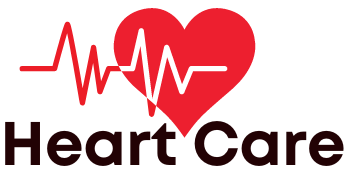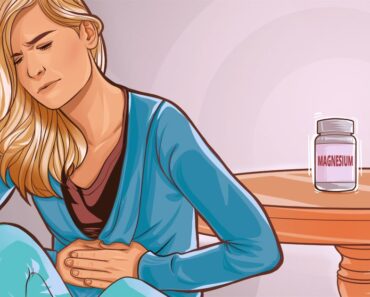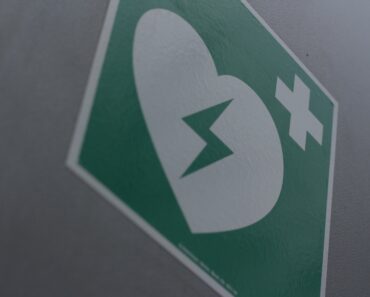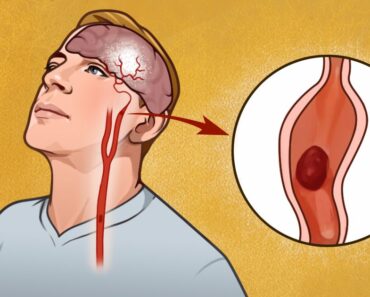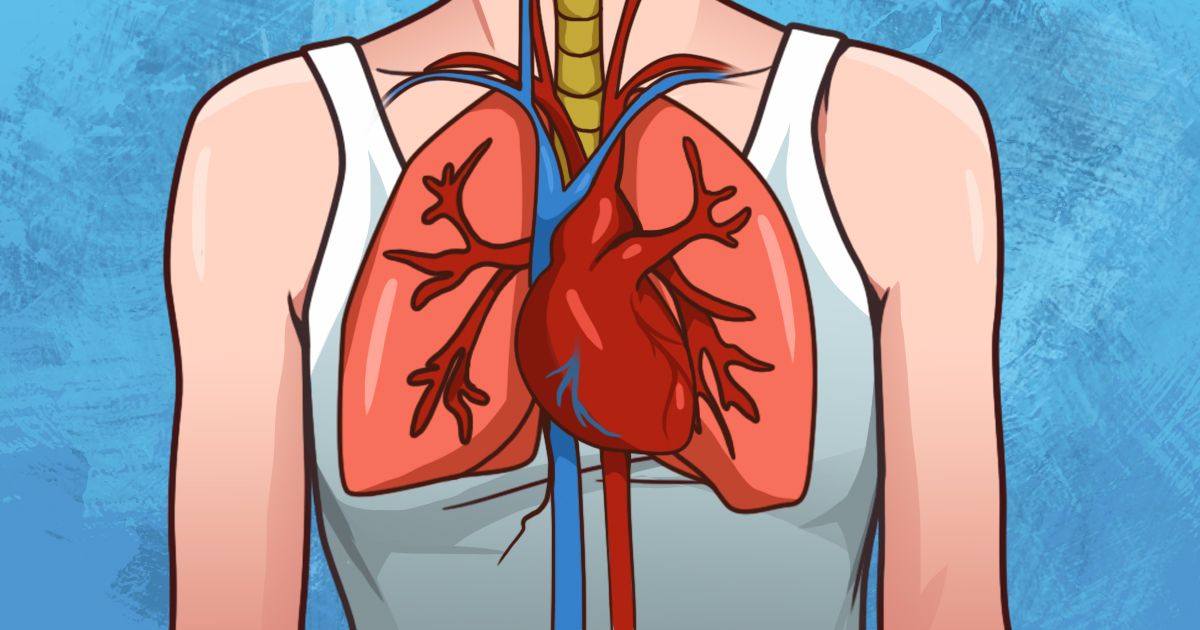
© REMEDY DAILY
According to the Centers for Disease Control (CDC), 735,000 Americans have a heart attack each year. While some will survive, many heart attacks can prove fatal. The CDC estimates that 210,000 people will have a second heart attack even if they recover.
Information is power. You can avoid suffering from the first heart attack by knowing the signs early and what you can do. These eight signs could indicate that your heart is in trouble up to a month before you have a heart attack. Be aware that symptoms for men and women are different.
10. Dizziness
A variety of things can cause you to become feel dizzy, including drinking too much water, eating a meal too fast, or getting up too quickly. Dizziness, lightheadedness, or a feeling of dizziness with chest pain or breathing problems could be a sign that the blood volume is decreasing and a decrease in blood pressure. This indicates that the possibility of a heart attack is soon.
9. Cold sweats
Unless you’re experiencing menopausal symptoms or just finished exercising or pushed yourself to the limit, breaking into a sweat or sweating frequently could indicate an attack on your heart. In the event of a heart attack, your nervous system triggers the “fight or fight” response, which puts the body in survival mode, which may cause sweating.
8. Stomach problems
Based on Stoney Brook Medicine, gastric symptoms such as an irritable stomach, vomiting, nausea, or belching can occur when the heart and other body parts don’t receive sufficient blood flow. It’s possible to mistake it for the result of acid reflux or even heartburn which is why it’s essential to consult your doctor, especially when you’re experiencing other heart attack-related symptoms.
7. Unusual fatigue
Science Daily reports that women can experience unusual fatigue, insomnia, or other sleep disturbances.
Being tired following a night of restlessness or an exhausting day is common. Harvard Health Publishing reports that women can experience fatigue for a month before suffering an attack on their hearts. Based on the National Heart, Blood, and Lung Institute, the characteristic is particularly evident in women.
6. Heart palpations.
When the heart isn’t getting sufficient blood flow and blood flow, all kinds of issues could happen to the body. As per Stoney Brook Medicine, the heart may start to become stressed when it’s not getting enough nutrients in its blood, which can cause feelings in the form of heart palpitations. If you’re experiencing heart palpitations, ensure that you call your physician immediately.
5. Chest pain
Science Daily reports that chest pain is a common symptom for both men and women.
The initial sign of a heart attack is listed by the American Heart Association as “uncomfortable tension, squeezing or fullness or pain in the middle of your chest.” The discomfort can occur in waves, lasting for longer than a couple of minutes at one time.
4. Breathing difficulties
Going up the stairs was once an easy task. However, if you are recently finding it more difficult and more difficult to complete the climb, you should seek medical attention immediately. While this does not necessarily mean you’re going to suffer from an attack of the heart at this moment, it could indicate that your heart is at risk. As per the AHA, breath shortness could occur with or without chest pain.
3. The pain can be felt in different areas of the body.
Heart attack pain may occur at any location beyond the chest and back, for example, the shoulders and arms, neck, or jaw. As per Cleveland Clinic, when there are problems with your heart, for instance, an artery that is blocked, that could trigger the heart’s nerves to signal there’s something wrong, and you’ll be feeling discomfort. Since the vagus nerve connects not just to the heart but also to the chest, brain, abdomen, and neck area, it is possible that you might be feeling pain signals in different areas of your body aside from the heart area.
2. Fainting
Science Daily reports that both men and women experience fainting spells approximately a month prior to a heart attack.
1. Continuous coughing
It is not something to worry about if you just cough. If you have persistent, severe symptoms like white or pink mucus and continuous coughing, this is something to be concerned about. Talk to a doctor about the cause of your persistent cough.
Sometimes ignorance is dangerous. You can save your life, or that of someone you love, by being aware of the signs and symptoms of heart attacks.
